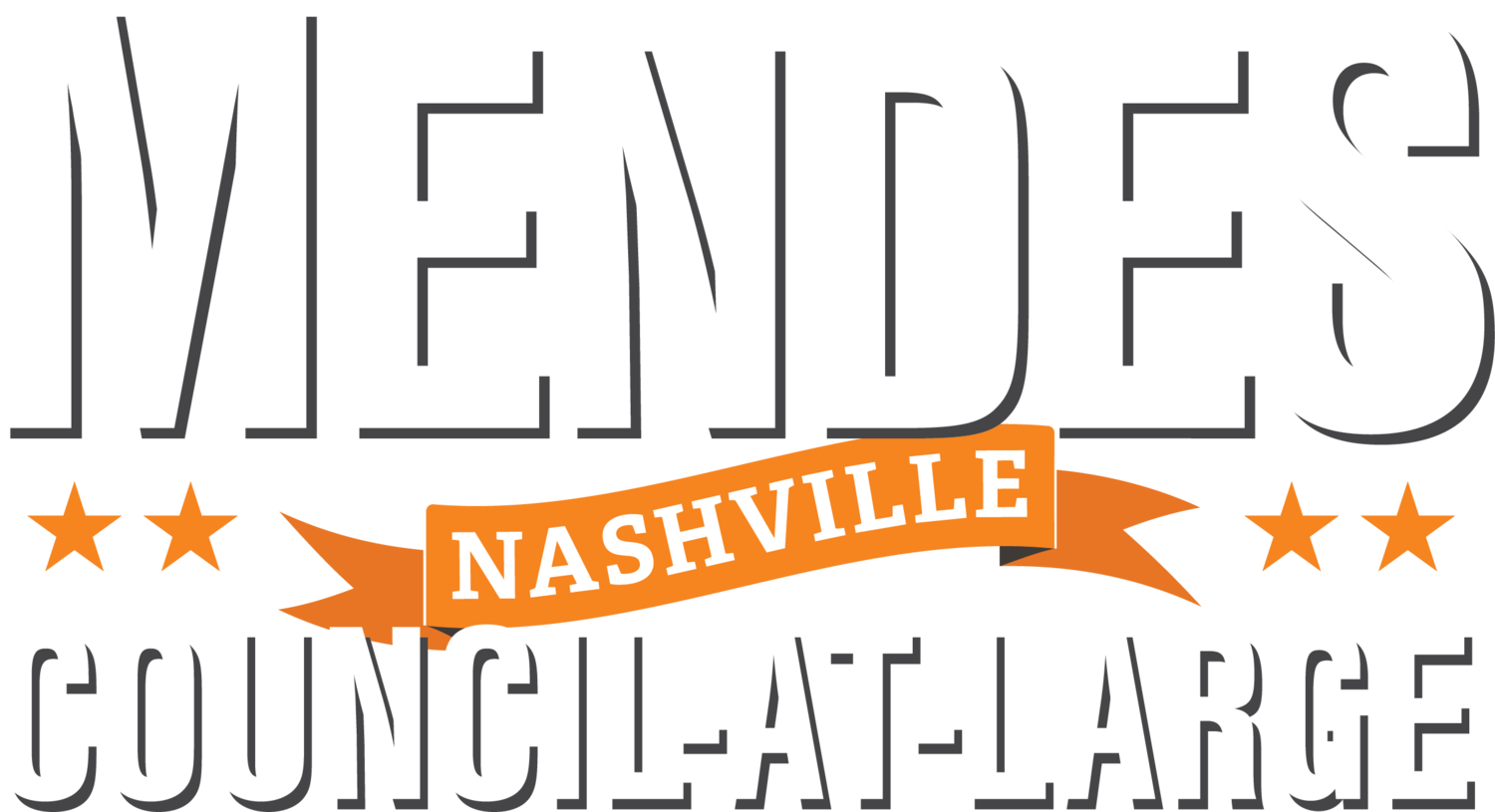Exploring other options
In my post over the weekend, I promised to talk about some of the non-tax rate ideas that are out there for the budget. Here are several ideas I have heard discussed and my take on them:
Borrow from the federal Municipal Liquidity Fund: That's short term money. The longest maturity date is 3 years out. There aren't even federal regulations on it yet. Metro would either have to pay it back in 3 years (meaning Metro would have to raise the tax rate now anyway to raise enough to pay it) or bond it out later with TAXABLE bonds because Metro cannot issue tax exempt bonds to cover operating expenses. On balance, this is not helpful for the operating budget.
Finance has addressed this question in response to a Council Member question. Their answer is here.
Refinance substantial bond debt to free up cash: Mayor Dean did not refinance debt in the first year of the 2008 crisis. In his next budget cycle, national capital markets were still damaged. He waited until a subsequent year when markets had recovered before refinancing bond debt. And just like the early days of the 2008 downturn, the capital markets are weak now (e.g., Metro's recent attempt at selling water & sewer bonds was only partially successful). It might well be that in 6 or 12 or 18 months that Metro may be able and willing to refinance substantial bond debt. But between now and June 30, 2020, when the budget has to be done, Metro can’t count on that definitely being able to happen. Because of this, we cannot build a budget around a speculative, hoped-for future refinancing.
Stagger introducing the tax rate over several years: There would only be two ways to stagger in a higher tax rate: (a) fire a lot of employees immediately; or (b) refinance substantial bond debt. I have already discussed the shortcomings with refinancing. Unless you are willing to fire what would likely be hundreds of employees, Metro’s nearly total lack of savings and spendable cash at this time makes a stair-stepped increase in the tax rate not feasible.
Reduce the Mayor’s proposed $100 million Fund Balance: The Mayor’s budget proposes to build a Fund Balance of $99.9 million. That looks like a big number because Metro will end this fiscal year with essentially no savings and little spendable cash. From any other perspective, $100 million is a very weak reserve. That’s about 15 days of cash in Metro’s $2.45 billion dollar budget. I call that living paycheck-to-paycheck.
Metro’s policy requires a 5% reserve for its General Funds and state law requires a minimum of a 3% reserve for schools funds. The Mayor’s budget barely hits these minimum levels. To me, with a pretty decent chance of another COVID-19 spike coming in the next year, having a plan to build a $100 million reserve is an incredibly thin margin. I would be opposed to any effort to reduce that number.
Cut the Metro budget: I’ve discussed this at length over the years. If you wanted to get rid of every economic incentive that can be canceled without getting sued, the rest of the non-profit spending, all arts spending, and all affordable housing spending, you would get Mayor Cooper’s tax rate increase down from $1.00 to about $0.94 cents. Here’s the math — $10 million for Barnes Fund, about $2.5 million for arts, the remaining $900,000 in the Mayor’s budget for non-profits, and $4 million or less of economic incentives that are discretionary. That adds up to about 5.5 cents of property tax. After that, to accomplish cuts, you would be taking a machete to libraries, parks, or Nashville General Hospital (in middle of a pandemic). If the economy continues to fail and does worse than the Mayor’s budget projects, there will be time enough for cuts in the coming months. Metro’s budget should not plan to fail. It should plan to succeed.
Future changes to federal law: We can’t budget around assuming what the federal government will do. I will advocate for a formal process to reassess revenue projections in August (in advance of the October property tax bills being mailed out). If there are new federal stimulus programs by then, we can adjust then.
If you are hearing about other alternatives, let me know and I can address them.
